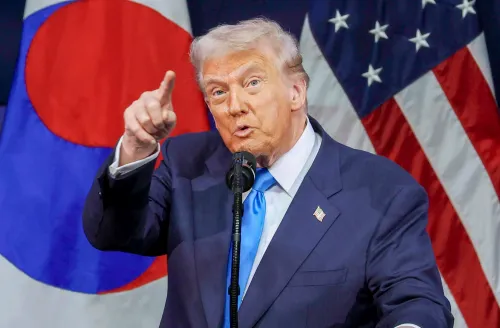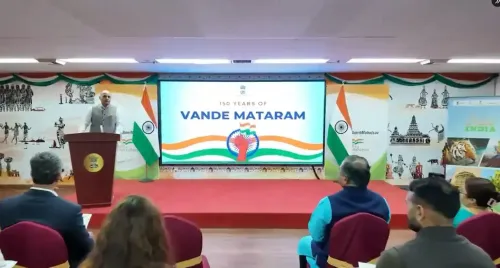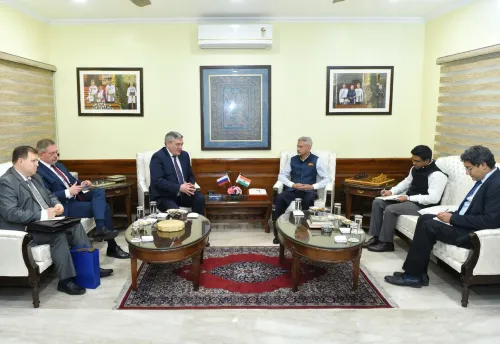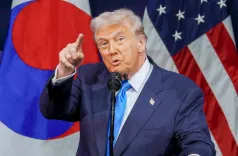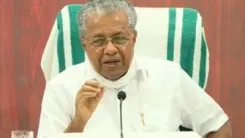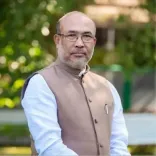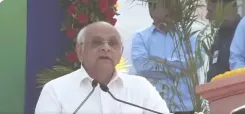Have Nepal's Teachers Finally Resolved Their Protest?
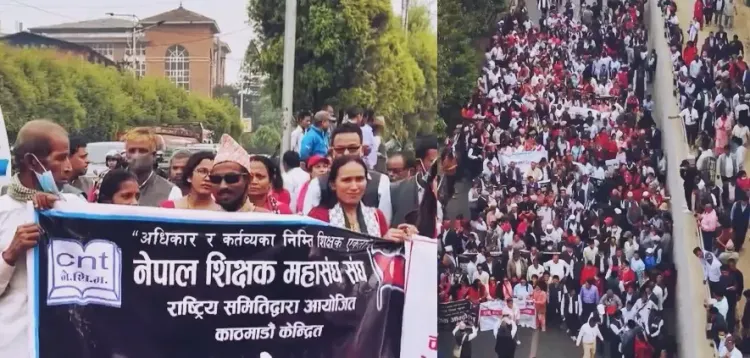
Synopsis
Key Takeaways
- Nepal Teachers' Federation has ended protests after a nine-point agreement.
- The government committed to implementing key demands by June 29.
- Temporary staff will receive payment for accumulated leaves upon retirement.
- Subsidized medical treatment for educators has been established.
- Teachers are encouraged to resume enrollment and examinations immediately.
Kathmandu, May 01 (NationPress) The Nepal Teachers' Federation has officially ended their protest after reaching a significant agreement with the government on a nine-point deal.
Following extensive discussions spanning three days, a government panel led by the education minister agreed to implement all nine demands put forth by the federation, as reported by local media.
Moreover, the ruling parties including the Nepali Congress and the Communist Party of Nepal (Unified Marxist Leninist), along with the Education, Health, and Information Technology Committee of the House of Representatives, have pledged to pass the School Education Bill by June 29, according to The Kathmandu Post.
“We have opted to halt our educational strike from today (Wednesday) following the Cabinet's assurance to fulfill our requests and commitments from major political parties, including the chair of the education committee, to endorse the bill by June 29,” stated federation chair Laxmi Kishor Subedi during a press conference.
“We call upon all educators to initiate student enrollment campaigns and to resume any outstanding examinations without delay,” Subedi urged.
During the press conference, Nepal's Education Minister Raghuji Pant announced that in line with the federation's requirements, the Cabinet has decided that all temporary teaching and school staff—including relief quota teachers, temporary and contract teachers, former lower secondary teachers, and early childhood development (ECD) facilitators—will receive payment for their accumulated leave as a lump sum at retirement.
However, the Cabinet did not specify the salary details.
Additionally, a provision for subsidized medical treatment for teachers and school staff at the Civil Service Hospital in Kathmandu has been established.
The Cabinet also agreed on the salary increments for primary-level third-grade teachers, primary-level second-grade and lower secondary third-grade teachers, alongside secondary first-grade teachers, aligning their pay with that of civil servants.
Earlier this week, clashes occurred resulting in injuries to 62 teachers and a journalist when protesters attempted to breach a restricted area on the Bijulibazar-New Baneshwar roadway, prompting police intervention.
The Oli administration has also committed to providing free medical care for teachers injured during the demonstrations.
“The implementation of the teachers' demands will impose an additional financial burden of Rs 8 billion on the state budget,” remarked Education Minister Pant at the press conference.
Meanwhile, emphasizing the importance of the School Education Act as their top priority, the teachers' federation warned of escalating protests if Parliament fails to ratify the legislation by the agreed deadline.
“We are confident that the commitment will be fulfilled by the deadline. If it’s not, the federation will resort to more intense protests,” stated Subedi.
The teachers' protests and sit-ins in the Maitighar-Naya Baneshwor area of Kathmandu, which began on April 2, have severely disrupted the national enrollment campaign, delayed essential academic processes such as the evaluation of answer sheets from the recently held Secondary Education Examination (SEE), and postponed the grade 12 examination until May 4.

